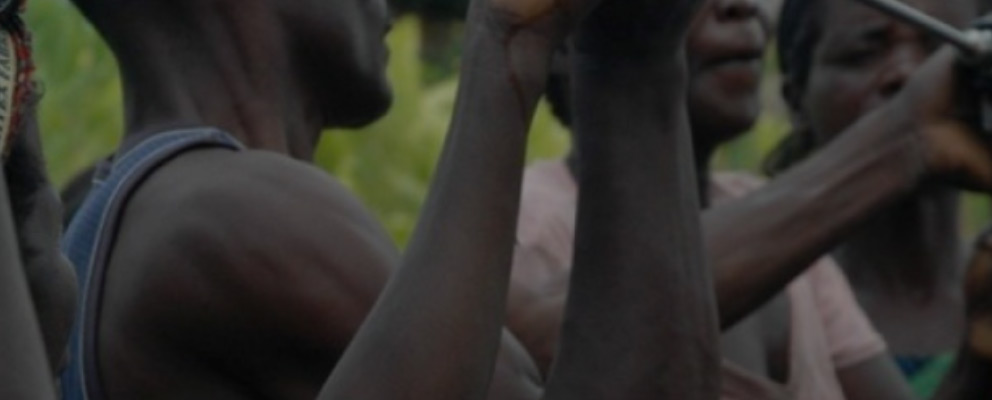
News from the future! Students excel in board game cafe schools
This article was originally published in the Global Times, a satirical newspaper from the year 2030 published by EWB Canada. The Global Times shares a positive vision of the future and uses humour and imagination to inform, inspire and motivate people to build a better world for everyone. Learn more and take action through the Hello 2030 campaign at hello2030.ca!
Five years since the first one opened, all government-run schools in the Americas are now board game cafes.
By 2018, education ministries around the world had already begun to change the way students learned in class. Finland scrapped school subjects, and Kenya adopted an artificial intelligence platform to support students through individual learning plans. Massive student protests accelerated the transformation, with students demanding a specific way of learning that better prepares youth for work.
“Every industry is ‘gamifying’, asking for creativity, collaboration and strategy skills. So shouldn’t we be playing more games to better prepare us for the workplace?” asks Taylor Johnson, a 16-year-old student leader.
During the protests and walkouts, big groups of absent students were located at places like amusement parks, Lego stores, and arcades. But they weren’t there to goof around -interviews with the students revealed that they were taking charge of their own learning.
“We just played eight games of Settlers of Catan in a row, and I learned way more about trade, resource diversification, real estate, and long-term economic decision-making than our history or civics teachers could ever teach us,” said Sierra Livingstone, a 14-year-old who now attends The Players Cooperative in Nova Scotia. “Catan helped me understand the value of sheep vs ore, and Canada’s natural resource-based economy.”
As countries around the world formalized gamified curriculums, they saw immediate results: students’ showed increased understanding of a variety of topics, as well as improved attention spans, critical thinking, creativity, and self-esteem.
“At first, I got a lot of calls from parents and various education associations that were strongly against the idea,” says Elena Haba, the first-ever Minister of Creative Destruction in Canada. “But I guess when students’ interest in learning spiked and they began spending an extra 2 hours at school on average, my phone stopped ringing.”
Students who have been a part of the new curriculum since the start – the oldest now only 23 years old – are now consulting on global economic policy, redesigning cities, and creating new sizes and shapes of dice that nobody previously thought possible.
